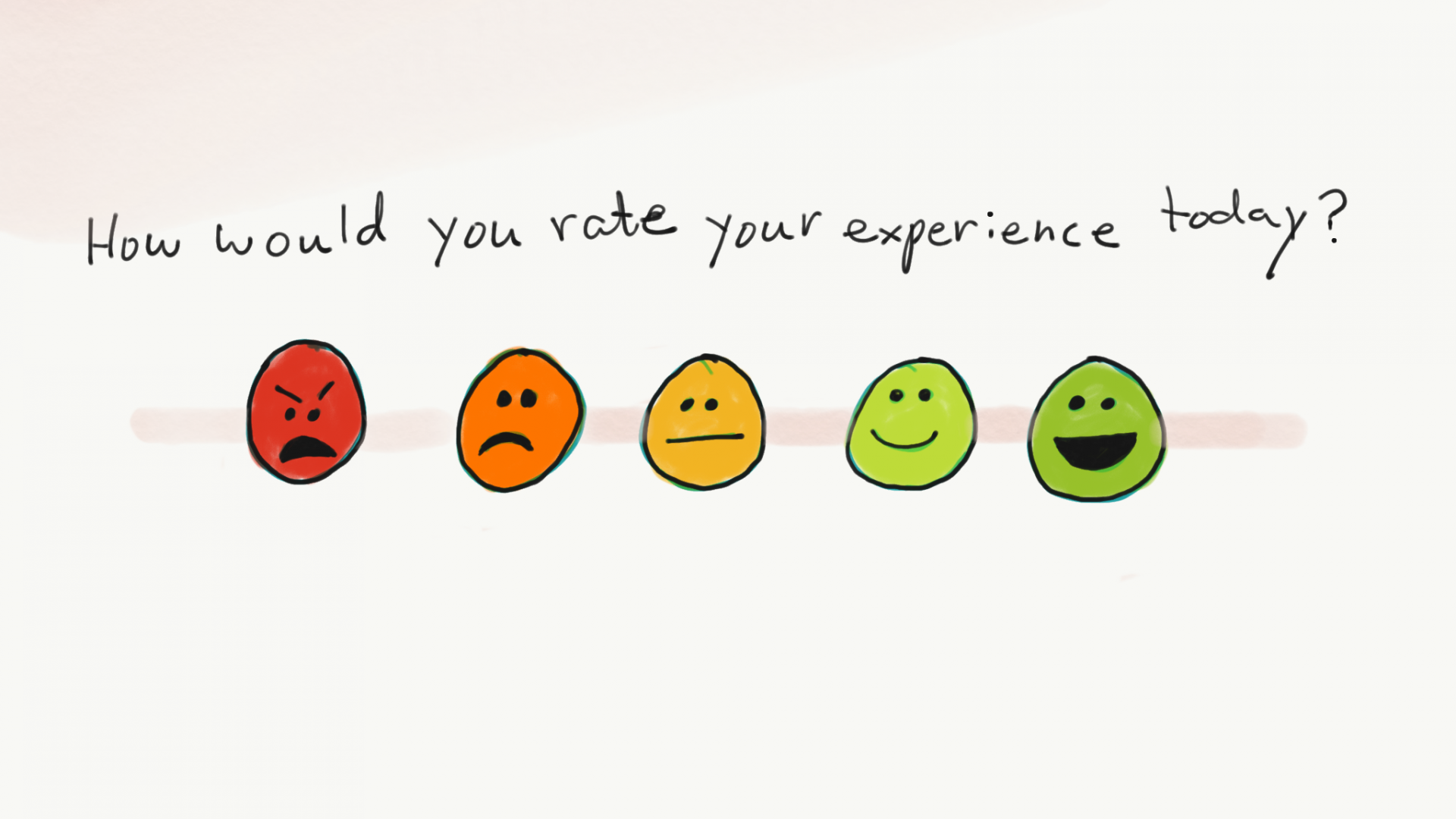The content depicted in this post is only one experience of a student, mental health is unique to each person.
*Content Warning: Discussion of suicide and depression
In light of recent events at the University of Toronto, I would like to address the elephant in the room: mental health support at the University of Toronto. In my last three years at U of T, there’s been a few reported cases of student’s death by suicide; I almost don’t want to think about the numbers from my time before enrolling.
I’ve been hearing other students’ experiences with Health and Wellness at U of T and some of these experiences have been negative – unreasonable wait times for connecting to a counsellor or doctor, lack of response from administration, having major crisis-like issues overlooked or neglected. These experiences have made many students feel even more unsupported than they already were. On another surface, I do understand why this can happen; with U of T having over 80,000 enrolled students against a small department for health support, I see why there are students who may have experienced challenges with reaching out.
I cannot speak from a professional standpoint but only as a student with their own experience with mental health in a college setting.
I guess I was one of the “lucky” ones for being able to obtain support almost right away. I was in my first year. In my dorm I was experiencing a mental health crisis. Without getting too detailed (it’s still quite hard to open up about) I had been at my lowest point. I was so terrified of where my thoughts were leading me; I had isolated myself from my friends, my roommates, my family, and I felt that nothing was going good for me. I was fighting against my own brain and with the little strength I had, I managed to think of the last resort – my residence don. I told him that I was experiencing a crisis-like situation and within an hour I was connected with a support worker from the residence.
Fast forward, I had been referred to U of T’s department of Health and Wellness where I spoke with a nurse about what was going on. That nurse then referred me to a psychiatrist who I now see on a monthly basis. Additionally, I was linked with my college’s registrar to assist my academic needs in regards to the situation. Overall, I did feel supported in my experience and moreover, it was quickly handled.
So, what made my situation different from students who’ve had negative experiences? Did my situation heighten the urgency for support? Did I luck out with having a competent don? If I had walked into Health and Wellness by myself, would I have received the same treatment? I don’t think there is a concrete answer to any of these questions. Mental health is complex. There’s no one size fits all. While I was able to get the support I needed quickly, any progress made I had to do most of the work. I had to find strategies for myself, figure out what benefits me, address my problems, and tune in with my emotions – all of these things take a lot of time and work. And it definitely took a while to accept that.
Regardless, of the situation, everyone deserves support. I do believe there is a necessity for a comprehensive approach to students’ mental health across campus. But what I learned is that doctors, counsellors, care workers, they are a crutch while I heal my legs.
-- Support & Resources --
Feeling Distressed? There are resources, both on- and off-campus, that can help in different categories, like mental health distress, academic distress, housing distress, etc. Find the help you need.
To make an appointment with Health & Wellness, please call 416-978-8030.
For 24/7, immediate support, in multiple languages, please download the U of T Telus Health Student Support (formerly U of T My SSP) app on your phone or call 1-844-451-9700 (in North America) or 001-416-380-6578 (outside of North America).
NAVI is your Mental Health Wayfinder. It is an anonymous, virtual, informational tool that provides you with info to help you navigate mental health resources and make decisions about seeking appropriate supports.
If you would like to chat with a trained peer supporter, the Peer Support Program is running Wednesday and Thursday (12 - 5 PM) and Friday (10 - 3 PM) to help provide you with support and direct you to different resources on and off campus to meet your unique needs.

0 comments on “Student Mental Health: Beyond Pills and Doctors”